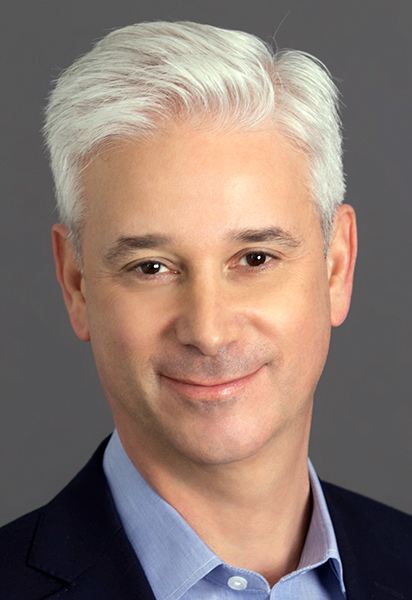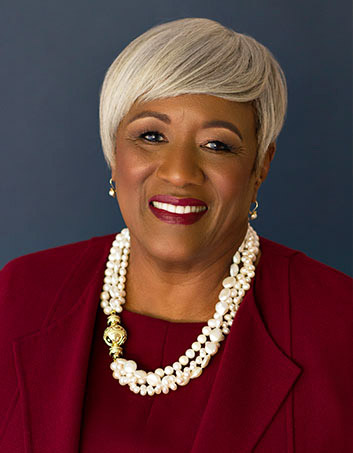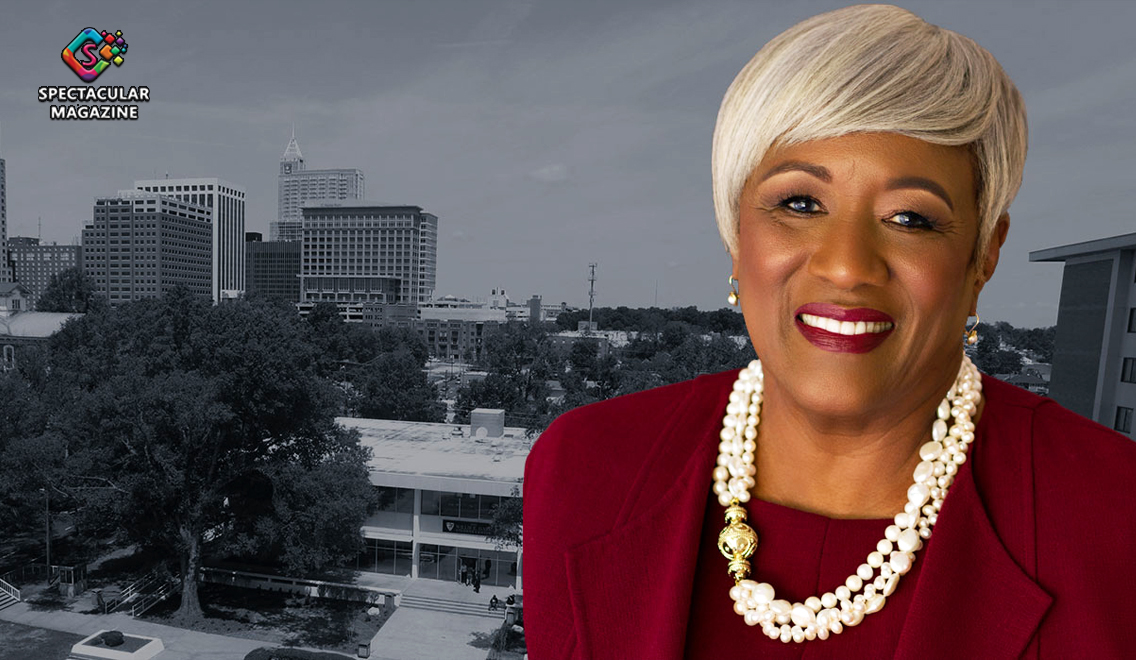Op-Ed: Shaw U. President Speaks Out Against Wells Fargo CEO Comments
Background:

Wells Fargo Chief Executive Charles Scharf exasperated some Black employees in a Zoom meeting this summer when he reiterated that the bank had trouble reaching diversity goals because there was not enough qualified minority talent, two participants told Reuters. He also made the assertion in a company-wide memo June 18 that announced diversity initiatives as nationwide protests broke out following the death of George Floyd, an unarmed African-American man, in police custody.
“While it might sound like an excuse, the unfortunate reality is that there is a very limited pool of black talent to recruit from,” Scharf said in the memo, seen by Reuters.
Scharf, in an effort to apologize, said in a prepared statement on Wed. (Sept 23) that his comments reflected “my own unconscious bias.”
With all due respect for outstanding work including the valuable philanthropic investments made by Wells Fargo Bank, as the President of Shaw University, I cannot remain silent when reporting indicates its CEO, Charles Scharf, makes demeaning and unproductive comments about the Black talent force.
For almost 155 years, Shaw University has remained true to its mission to transform its diverse community of learners into global leaders. And as a result, we have graduated thousands of students who have succeeded as physicians, legislators, ambassadors, entertainers, attorneys, educators, entrepreneurs, pastors, and more.
Our graduates take on community service roles, transform communities creating a new middle class, and go back to rural communities making societal impacts.
With their preparedness making them desirable candidates, Fortune 500 companies routinely recruit graduates from historically black colleges and universities (HBCUs). However, if they land in a hostile work environment, they will often seek more friendly options in which to share their talents.
Mr. Scharf is correct that the diversity numbers are not where they should be. But I would advocate that organizations have to look within to create a better pipeline for talent. Since representation is important, we need people that look like us at the access point. Otherwise, it is tough to get to the endpoint.
I would argue that to help create a better talent bench, companies should create student mentoring and sponsorship, making strides to create an equitable situation for all people of color.
Finally, organizations need to invest financially in institutions that are making meaningful progress to create a diverse workforce that represents our diverse country.

— Dr. Paulette Dillard
President and CEO
Raleigh, NC


